IVF Test Cost In India
Unlock Exclusive Discount : Your Gateway to Premium Healthcare with Medsurge India Health Value Card.

Unlock Exclusive Discount : Your Gateway to Premium Healthcare with Medsurge India Health Value Card.


IVF treatment in India encompasses a series of stages, which include ovarian stimulation, egg retrieval, sperm retrieval, fertilization, and embryo transfer. An IVF cycle typically spans two to three weeks; multiple cycles may be necessary.
Prior to starting an IVF cycle that involves your eggs and sperm, you and your partner will probably be required to complete a series of IVF tests or screenings in India. These essential tests are integral to the IVF process, helping to ascertain whether this treatment is a suitable option for the patient.
Notably, the overall cost of IVF test in India is relatively lower compared to that in many developed nations. Additionally, the treatment expenses can vary significantly among different IVF clinics in India.
IVF test cost in India starts from INR 12,500 (150 USD) and can go up to INR 25,000 ($300) depending on the procedure.
Furthermore, the likelihood of achieving a successful pregnancy through IVF treatment in India is influenced by various factors, such as the patient’s age and the underlying reasons for infertility.
Additionally, the IVF process can be lengthy, costly, and invasive. In cases where multiple embryos are implanted in the uterus, there is a possibility of multiple pregnancies.
| Type of Test | Cost |
| Fertility assessment | 10 USD |
| Semen Analysis | 20 USD |
| Medications | 50 USD |
| Frozen fetus transfer | 100 USD |
Here are some of the factors that can influence IVF test cost in India, these include:
IVF is a popular assisted reproductive method. It involves using specific medications and complex medical techniques. Many top IVF clinics in India provide fertilization services. The process starts with medications that help stimulate egg development.
Next, the doctor collects the developing eggs and fertilizes them with sperm in a lab. One or more fertilized embryos are then placed into the uterus. The patient continues taking medications, and the pregnancy is monitored for any potential issues. Often, individuals need multiple IVF cycles to achieve a successful pregnancy.
For those considering IVF treatment in India for infertility or personal reasons, it’s essential to know that it is a detailed step-by-step process aimed at creating a safe environment with the highest chance of conception.
In-vitro fertilization (IVF) is a comprehensive and intricate procedure, with the choice to pursue it shaped by numerous factors. Prior to initiating IVF treatment, various assessments are conducted in India to determine a woman’s suitability for the procedure.
These assessments are designed to minimize the risk of miscarriage, identify any embryo abnormalities, and rule out infections or conditions that could adversely affect health and the likelihood of a successful pregnancy. The IVF tests in India can be categorized into several types:
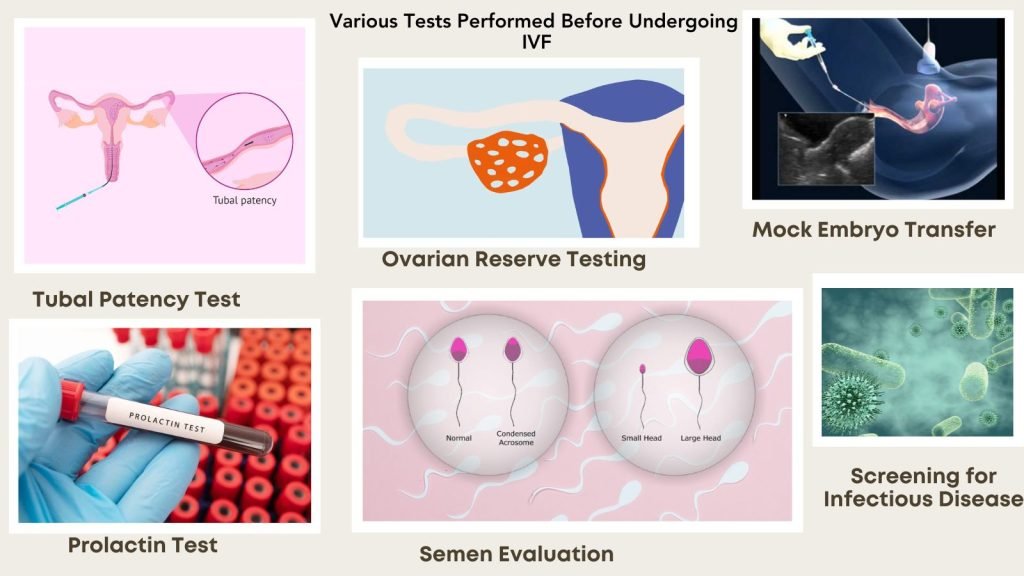
This involves a series of straightforward hormone blood tests that help physicians gauge the quantity of eggs present in a woman’s body, referred to as the “ovarian reserve.” The primary hormones assessed include FSH, AMH, and Estradiol. Elevated FSH levels often suggest a diminishing ovarian reserve, which may influence the success rate of IVF.
Known as Hysterosalpingo Contrast Sonography (HyCoSy), this innovative procedure enables doctors to examine the uterus and assess whether the fallopian tubes are blocked or functioning properly. HyCoSy utilizes a specialized ultrasound technique, where a contrast agent is injected into the fallopian tubes, allowing for clear visualization. This test is crucial in determining the functionality of a woman’s fallopian tubes for IVF.
For the semen evaluation test in India, a sperm sample is collected and analyzed at a leading IVF clinic. Key characteristics assessed include sperm morphology, motility, and concentration. If male infertility is detected, Intracytoplasmic Sperm Injection (ICSI) may be recommended, a technique where a single sperm is carefully injected into each egg using micro-manipulation tools. Notably, the cost of IVF injections in India remains quite reasonable.
Digital High Magnification is another option that focuses on selecting only the healthiest and most viable sperm for insertion.
Prolactin is a crucial hormone necessary for breast milk production. Elevated levels of prolactin can impede conception. The results of this test assist healthcare providers in determining the most appropriate medication regimen for each individual woman.
It is essential for patients to undergo testing for HIV, hepatitis B, Chlamydia, Rubella, and varicella. These infections can pose significant risks to a developing fetus and may result in severe complications.
In India, a mock embryo transfer is an optional procedure that a physician may conduct to enhance your chances of success and gain insights into your body’s functioning. This test is typically performed during the IVF cycle and allows the doctor to identify the optimal approach for the actual embryo transfer. It helps the clinician predict how the uterus will respond during the procedure.
Based on the outcomes of the aforementioned tests, healthcare professionals can identify the most suitable medication and treatment strategy for the patient, which may include the following:
FSH and LH, either individually or in combination, may be injected into the ovaries to encourage simultaneous egg development. After approximately two weeks, HCG is administered to facilitate the maturation of the eggs.
These targeted medications are designed to inhibit the premature release of eggs by the body.
Additional options include progesterone tablets, which are utilized to promote the growth of the uterine lining in preparation for potential implantation.
It is essential to consult with a physician regarding the necessary tests before undergoing IVF. Additionally, it is crucial to provide a detailed account of your medical history and that of your family, as this information is likely to be requested by the doctor. Depending on the findings, various supplementary IVF tests may be conducted at IVF clinics in India.
These assessments are designed to maximize your chances of achieving a successful IVF outcome in India, should you determine that this is the right path for you; however, they do not ensure that the IVF procedure will be successful in your specific case. IVF entails certain risks, even if all tests are passed. Some of these risks include:
Here are several strategies to reduce the overall cost of IVF treatment in India:
4. Simplify Your Treatment Plan: Consult with your physician about ways to streamline your treatment plan, which may lead to cost reductions. For instance, consider natural cycle IVF or minimal stimulation IVF as alternatives.
Based on the results of all the above tests, doctors can determine the best medication and treatment plan for the patient, including the following:
It is important to discuss with a doctor what tests are required before following IVF, as well as to disclose your comprehensive medical history and family medical history, which the doctor will most likely inquire about. Based on the results, a number of additional IVF tests may be performed in IVF clinics in India.
These tests simply ensure that you have the best possible chance of having a successful IVF treatment in India if you decide that this is the correct method for you; they do not guarantee that the IVF procedure will be successful in your circumstance. IVF still carry some risks, regardless of whether the patient has passed all the tests, some of the risks of IVF include:
It is essential for everyone considering IVF to carefully examine the process and steps leading up to it, as well as analyze both the advantages and disadvantages of the process. A doctor's advice is always the best. IVF is widely regarded as the most effective and successful method of assisted reproductive technology, and once all necessary tests have been completed, anyone who is ready and wants to undertake the treatment can do so.
Medsurge India is a prestigious support system for patients looking for doctors, hospitals, and specialized treatments. We'll find the most suitable medical options for you. Regarding your medical issues, our team will give you a list of certified, reputable, and trusted doctors and hospitals. Additionally, we offer a treatment strategy that fits your budget. Apart, we assist patients with obtaining travel authorizations, medical visas, and a multitude of other things.
A: Natural cycle IVF, low stimulation IVF, and in vitro maturation (IVM) are the three basic techniques to IVF that use no or few medicines.
A: Preimplantation genetic testing (PGT) is a process in which one or more cells from an egg or embryo (fertilized egg) are tested to determine the genetic make-up of the rest of the cells in that embryo. It is carried out in a laboratory using in vitro fertilization (IVF).
A: Examine the uterus. Before you begin IVF, your doctor will inspect the uterine lining. A sonohysterogram (in which fluid is injected through the cervix into your uterus) and an ultrasound to create images of your uterine cavity may be used.
A: Before men can begin IVF treatment, they must undergo the following tests: 1. Semen Analysis: Semen analysis is one of the most significant tests for male infertility. A man may be perfectly healthy, but his sperm production may be of poor quality.
A: During an IVF round, Intended Parents can determine gender using PGD/PGS/PGT-A. The gender selection technique is nearly 100% accurate, thanks to a fertility doctor's ability to identify XX or XY chromosomes in the embryo using PGD tests.
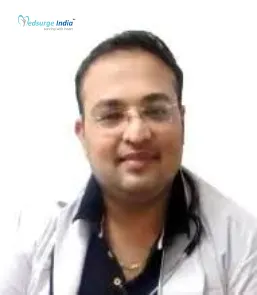
Infertility Specialist
Consultant
15
ART Fertility Clinics, Mumbai
View Doctor
Infertility Specialist
Chief
17+ years
Rainbow Children’s Hospital & BirthRight by Rainbow, Bangalore
View Doctor
Infertility Specialist
Consultant
17+ years
Rainbow Children’s Hospital & BirthRight by Rainbow, Bangalore
View Doctor
Infertility Specialist
Consultant
29+ years
Manipal hospitals Life’s On, Whitefield
View Doctor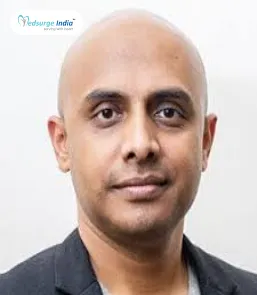
Infertility Specialist
Director
16 years of experience
Baby Science IVF Center, Bangalore
View Doctor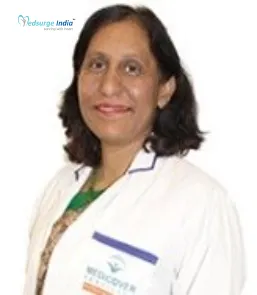
Infertility Specialist
Director
25 years of experience
Bourn Hall Clinic, Gurgaon
View Doctor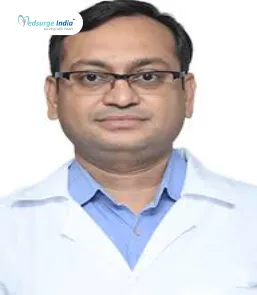
Infertility Specialist
Consultant
14 years of experience
Reliance Hospital, Navi Mumbai
View Doctor
Infertility Specialist
Senior Consultant
19 years of experience
Sir Ganga Ram Hospital, New Delhi
View Doctor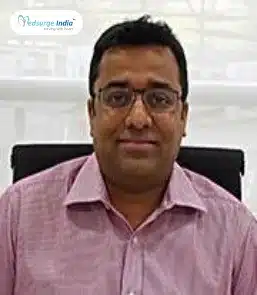
Infertility Specialist
Consultant
10 years of experience
Apollo Fertility Centre, Kolkata (Gobra)
View Doctor
IVF Specialist
Senior Resident
22 years of experience
Miracle Mediclinic Hospital, Gurgaon
View Doctor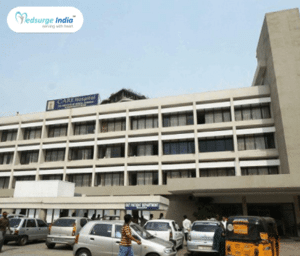


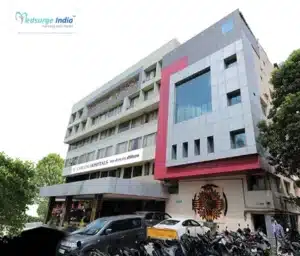



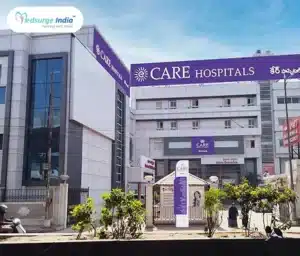


By using our site, you agree to our Terms and Conditions, Privacy Policy and Refund Policy. Medsurge India provides reliable healthcare information and treatment options to support informed decision-making. Our content is designed to support and complement the guidance of your treating doctor, helping you feel informed and confident throughout your healthcare journey. We also Accept International Payments.

Copyright © 2025 NSM ONLINE SOLUTIONS PRIVATE LIMITED. All rights reserved.